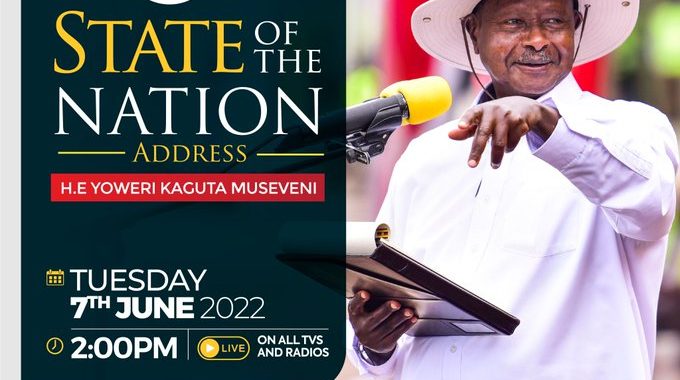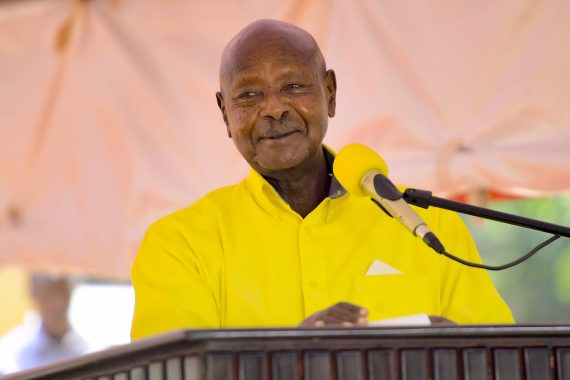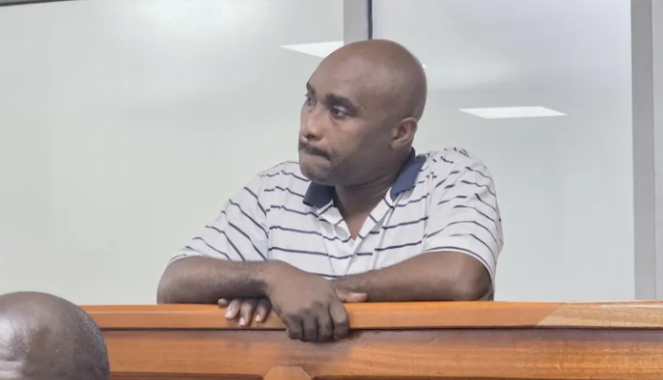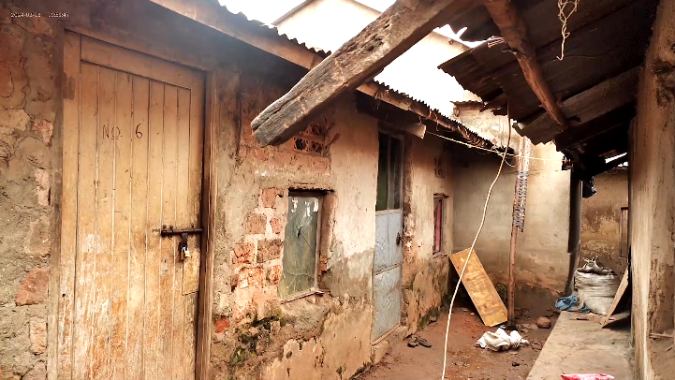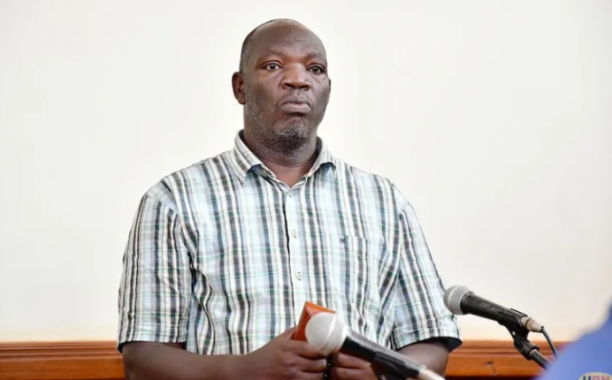State of the nation address
President Museveni will on Monday afternoon deliver the State-of-the-Nation address at Kololo Ceremonial grounds at 2pm.
This address usually focuses on the state of affairs in the country and is in line with Article 101(1) of the Constitution of Uganda. This also marks the official opening of the 2nd Session of the 11th Parliament.
The highly anticipated address comes at a time when the public has given up hope on the government finding solutions to the skyrocketing prices of essential commodities.
The increase in the prices of fuel have caused a ripple effect on Prices of essential items like soap, sugar, cooking oil among others. This has in turn left scores struggling to feed, pay rent or even educate their children.
Ugandans across the divide are still desperate for solutions to the ongoing economic crisis. Several people still expect the President to address solutions to high food prices and fuel.
The desperate citizens have taken to social media and other platforms demanding concrete solutions.
“The President should speak about high fuel prices because our business is falling, we don’t make sales anymore yet transport keeps going up.” Silvia Nambatya says
“Cut costs for government officials and some salaries if possible but reduce taxes and give subsidies, Tanzania our neighbour is already doing it, and people are not complaining, What about us” Kenneth Musinguzi says
“Am used to President Museveni’s addresses not giving us solutions. but we are on a time bomb as a country, our children are not in school, we cannot afford rent anymore, not to mention eating once or twice a day, we need solutions not mere talk’’ Sera Birungi states
During his last address on the difficult economic times, President Museveni left Ugandans with no immediate solutions to their precarious state after he asked the public to either use items sparingly or opt for alternatives to expensive items.
State of the nation address
The President stated that the government would not interfere with market forces by regulating prices, offering subsidies or cutting taxes on the prices of essential items. To him, this would lead to heavy tax loss in a economy that thrives from collected taxes.
“The tax loss would cripple our budget and the planned developments. Moreover, the removal of taxes on some of the commodities, would mean tax loss to the Government of: Ugx. 1.53 trillion for petroleum, Ugx. 1.15 trillion for diesel, Ugx. 520 billion for wheat. How, then, do we fund our budget for – roads, electricity, schools, medicine, security, etc.? There are items we do not tax – eg. Medicine, raw materials, etc. It is, therefore, not true that we tax everything.” Museveni said during his address on on Sunday May 22,
He said external factors like Russia- Ukraine war and the covid 19 pandemic have largely contributed to the sky rocketing prices globally, in addition to other concerns like hoarding and smuggling of goods.
During a National Budget Conference at Hotel Africana on Thursday last week, Matia Kasaija, the Minister of Finance, Planning, and Economic Development revealed that traders have resorted to hoarding goods which is one of the significant reasons for high commodity prices.
Kasaija indicated that there is ongoing illegal purchase and storage of essential products like sugar, soap, cooking oil, and posho among others with an aim of creating scarcity on the market to fetch high prices.
He further explained that the Government has started investigating persons hoarding these products for action to be taken, not excluding canceling the licenses of perpetrators.
“Government has taken keen interest in reports of hoarding of possible hoarding of some products, we have subsequently discharged a team of technical people to verify these claims with a view of taking immediate action, including revocation of trade licenses against anybody found engaged in these vices, “he said
Kasija also disregarded proposals to stop exportation of local products on grounds that it is bad economics and will only encourage smuggling.
“We ban exports? ah, banange, that’s not a great decision. We need that export to generate money. Nowif we ban export of Maize then people will smuggle, so you lose both the food and revenue. This is not a wise policy,” he said



